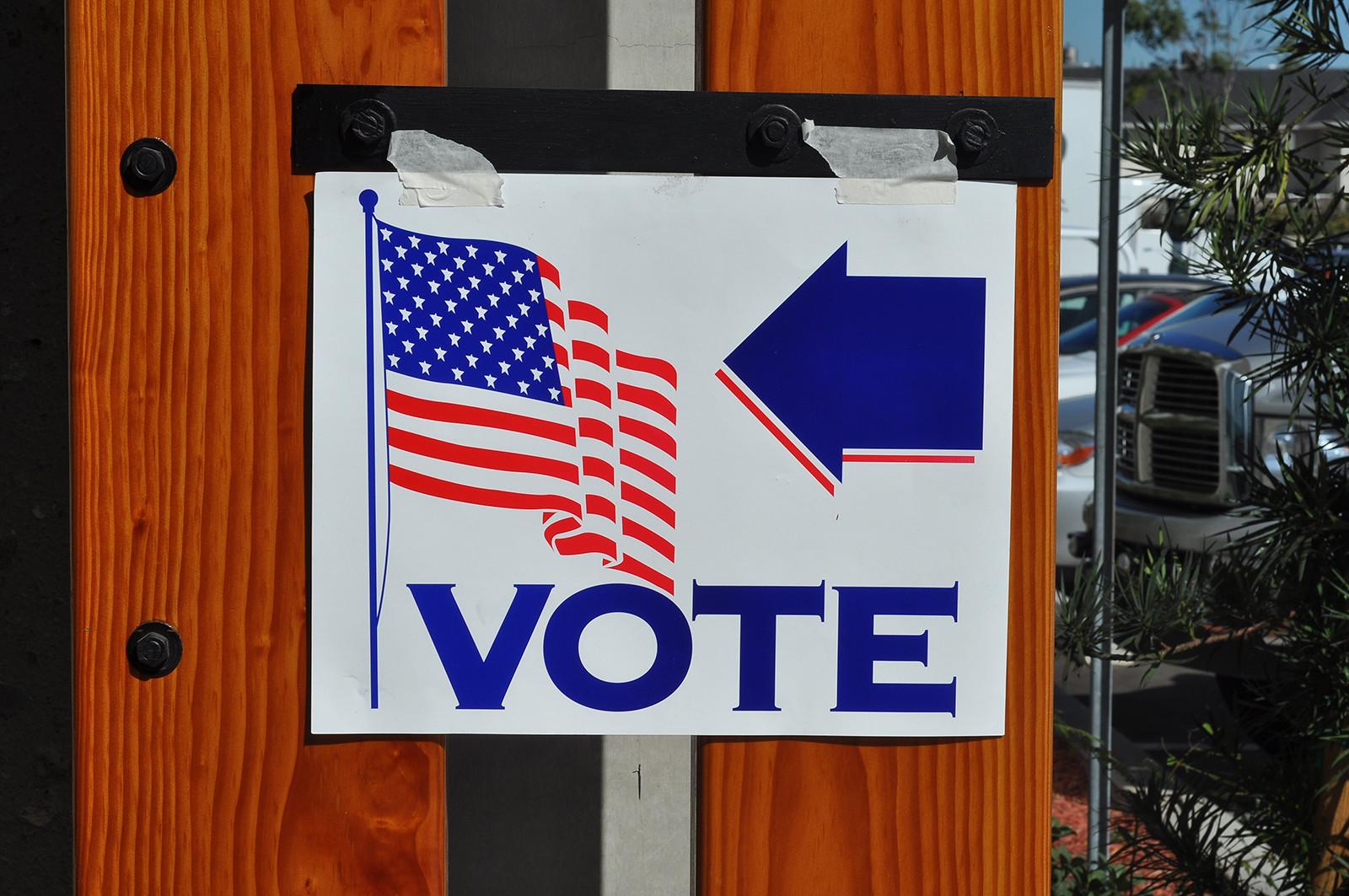Many people say that social issues shouldn’t take as much precedence as financial and foreign policy issues when it comes to American politics. But Republicans in the Senate have threatened a government shutdown based on abortion rights, and it’s very possible that their plan could come to fruition.
On Tuesday, the Senate voted 54-42 against the “Pain Capable Unborn Child Act,” The Hill reported. The bill would have “banned abortion after 20 weeks” except in cases of rape, incest or if the pregnant woman’s “life was at risk.” According to Politico, the bill was originally intended to “appease very angry ultra-conservatives and to keep them from shutting down the government.”
We’ve seen government shutdowns before, for reasons having to do with financial crises and budget issues, but rarely for reasons regarding social policy. And while many claim that abortion is a fiscal issue (because it can be funded by taxpayers), even Republican presidential candidate Ted Cruz has deemed abortion a “moral issue,” one that The Slot argues might be the “cornerstone of his campaign” as he pushes for the defunding of Planned Parenthood. Like it or not, it seems that social issues have become the cornerstone of most campaigns in this election, not to mention elections past.
For one thing, many of us who have the ability to vote are completely in the dark in terms of economics — many of the presidential candidates don’t even understand the subject. We can’t claim to understand how to financially run one of the most powerful countries in the world, but we can identify with social issues.
Of course, the status of the economy affects many people’s everyday lives, and we aren’t here to discount that. It’s pretty difficult to think about the economy when we aren’t the ones paying property taxes, or following the stock market or feeding our families. But we’ve been raised almost entirely in a failing economy. In our lifetime, we’ve never seen a president come in and turn the economic crisis around in a way that is long-lasting. And while Barack Obama may have tried to make economic changes throughout his presidency, a staunch Republican Congress has made making further changes pretty much impossible. However, Obama did make huge social strides for the LGBT community throughout the duration of his presidency. Why should we vote for candidates based on their economic stances when most of the time they wont be put into practice? It’s much easier for voters to look at a checklist of social issues and say, “I agree” than to fumble with economics and take a definitive stance on them.
More and more, social issues seem to gain ground in the government at a rate that we haven’t seen before, while the economy has remained stagnant. In other words, social issues are much more apparent to us — or, at least, to our age group. It’s rare that twenty-somethings are struck by a candidate that has a decent economic plan unless it is clear cut and straight-forward. Instead, we are exposed to social issues that are prevalent in our everyday lives, as well as the lives of the generations who precede us.
Think about this: if you meet someone with whom you disagree on a financial level, you may still remain friends with him or her. On the other hand, if you meet someone who has a different social stance than you, you tend to have more trouble remaining close with him or her.
This is why we are so inclined to hear presidential candidates’ social issues as a part of their campaign platforms. Social issues are personal. We can get to know a person based on social issues because his or her stance gives us a view of their moral compass. And many (certainly not all) of us college-aged students can’t imagine voting for someone who has a good economic plan but who is also inherently racist. We can’t keep good conscience if we vote for a candidate who has a great handle on foreign policy but who also believes that all gay people should be sent to Hell.
In this current race, it seems that presidential candidates are attempting to gain support by taking strong stances, which in turn gives them media attention. Whether this is good attention or not, candidates like Donald Trump and Bernie Sanders have devoted voters in the palms of their hands. Social issues have become a tool in the political process. The candidate takes a stance and skyrockets to the top of the polls.
All of this is to say that while it seems beneficial that social issues have become the spotlight of many presidential campaigns, it is also somewhat scary. Our government is full of whiney people who kick and scream when they don’t get what they want. According to candidates like Ted Cruz, either we can completely defund women’s health programs, or we can shut down the government. There simply isn’t a happy medium. And because social issues have gained such prominence in campaigns, we are feeding the fire.
Social issues are more important, and we are seeing a lot of progress. But there is a lot of resistance to that progress, and that resistance can be dangerous.






















































































































